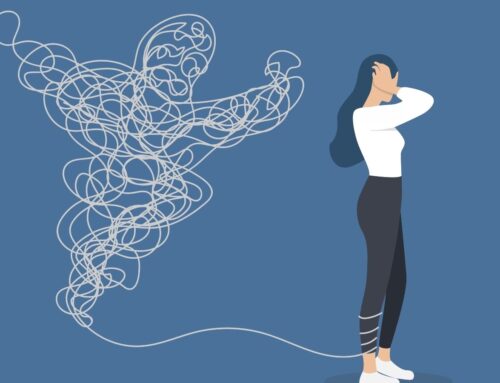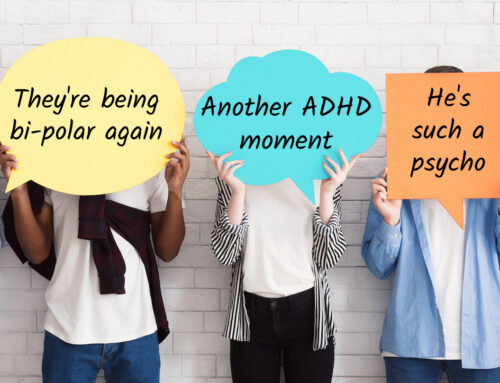Does online bullying affect children and teens differently than traditional bullying?
In recent years, parents, teachers, and mental health professionals have become increasingly aware of how bullying can impact children and teenagers. Children who are bullied may experience a range of emotional, behavioral, and academic difficulties. Many schools have established bullying prevention programs to educate students about how to recognize and respond to bullying. One of the current challenges in identifying and stopping bullying is that it now often occurs electronically rather than in person. It can be difficult to define what electronic or cyber-bullying is, let alone understand how it may impact children. Traditional bullying is typically thought of as verbal or physical aggression that is repeated over time. Cyber-bullying is more difficult to classify but typically involves verbal aggression through electronic venues, including through email, text messaging, social media, online games, and websites.
Recent research reveals that cyber-bullying can be as damaging as traditional bullying. Scientists had middle and high school students fill out an anonymous survey that asked about their experiences with bullying and also assessed for psychological health and academic performance. The results showed that children who were victims of cyber-bullying reported similar psychological and academic difficulties as children who were victims of traditional bullying. Children who were victims of both types of bullying reported symptoms of anxiety and depression, suicidal ideation, and poor grades. Not only that, but children who bullied others – either face-to-face or electronically – were also more likely to report poor academic performance and symptoms of anxiety and depression than children who were not involved in bullying at all.
So, perhaps unsurprisingly, being bullied online can be as harmful to children and teens as being bullied in person. It’s important not just to work on preventing bullying but also to support the children who are victimized. Parents who are concerned that their child may be getting bullied can reach out to their child’s school for support. Seeking out psychological services can also help children learn how to cope with being bullied and reduce the impact of depressive and anxious symptoms.
Further Resources:
American Academy of Child and Adolescent Psychiatry Facts for Families
American Psychological Association: Includes advice on how parents, teachers and kids can take action to prevent and respond to bullying, including a section on cyberbullying.
Pacer’s National Bullying Prevention Center: Includes facts about bullying and websites geared directly to children and teens.





